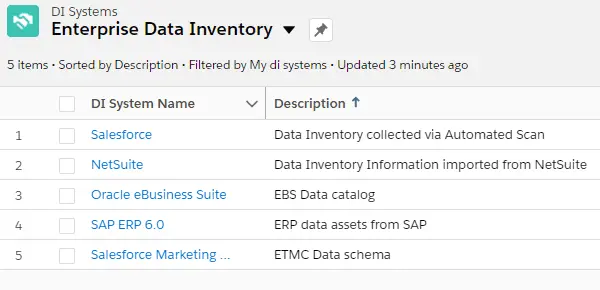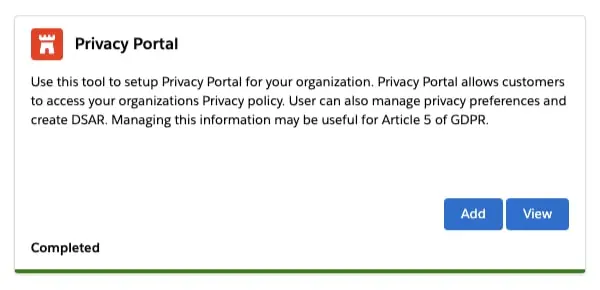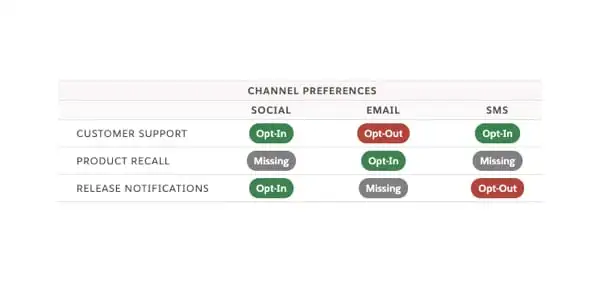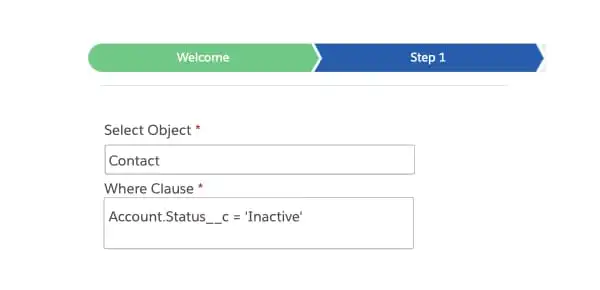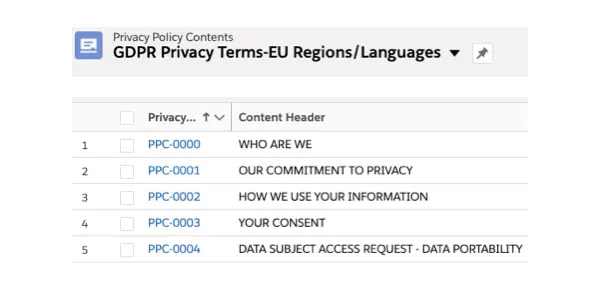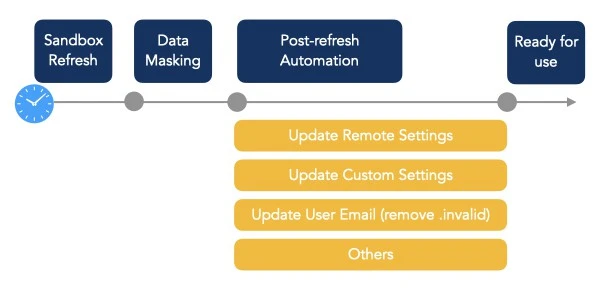This website uses cookies so that we can provide you with the best user experience possible. Cookie information is stored in your browser and performs functions such as recognising you when you return to our website and helping our team to understand which sections of the website you find most interesting and useful.
Privacy Overview
Strictly Necessary Cookies
Strictly Necessary Cookie should be enabled at all times so that we can save your preferences for cookie settings.
If you disable this cookie, we will not be able to save your preferences. This means that every time you visit this website you will need to enable or disable cookies again.
3rd Party Cookies
This website uses Google Analytics to collect anonymous information such as the number of visitors to the site, and the most popular pages.
Keeping this cookie enabled helps us to improve our website.
Please enable Strictly Necessary Cookies first so that we can save your preferences!
Additional Cookies
This website uses the following additional cookies:
- Drift Chat : We use Drift, as a data processor, which collects and stores a minimum of Personal Data on our behalf for the purposes of delivering Drift services. It uses cookies to collect information in order to improve its Services. You can instruct your browser to refuse all cookies or to indicate when a cookie is being sent. Drift complies with the GDPR and CCPA. Drift uses your Personal Information for providing and improving its services to us. Refer to Drift’s Privacy Policy for more details.
- Microsoft Clarity : We may use Microsoft Clarity, which is a user behavior analytics tool that helps us understand how users interact with our website. This includes behaviors such as time spent on a page/entire website, search, scroll, and clicks. Clarity uses cookies and is GDPR-compliant and CCPA-compliant as well. For more information, see the Microsoft Privacy Statement.
Please enable Strictly Necessary Cookies first so that we can save your preferences!
Cookie Policy
More information about our Cookie Policy


